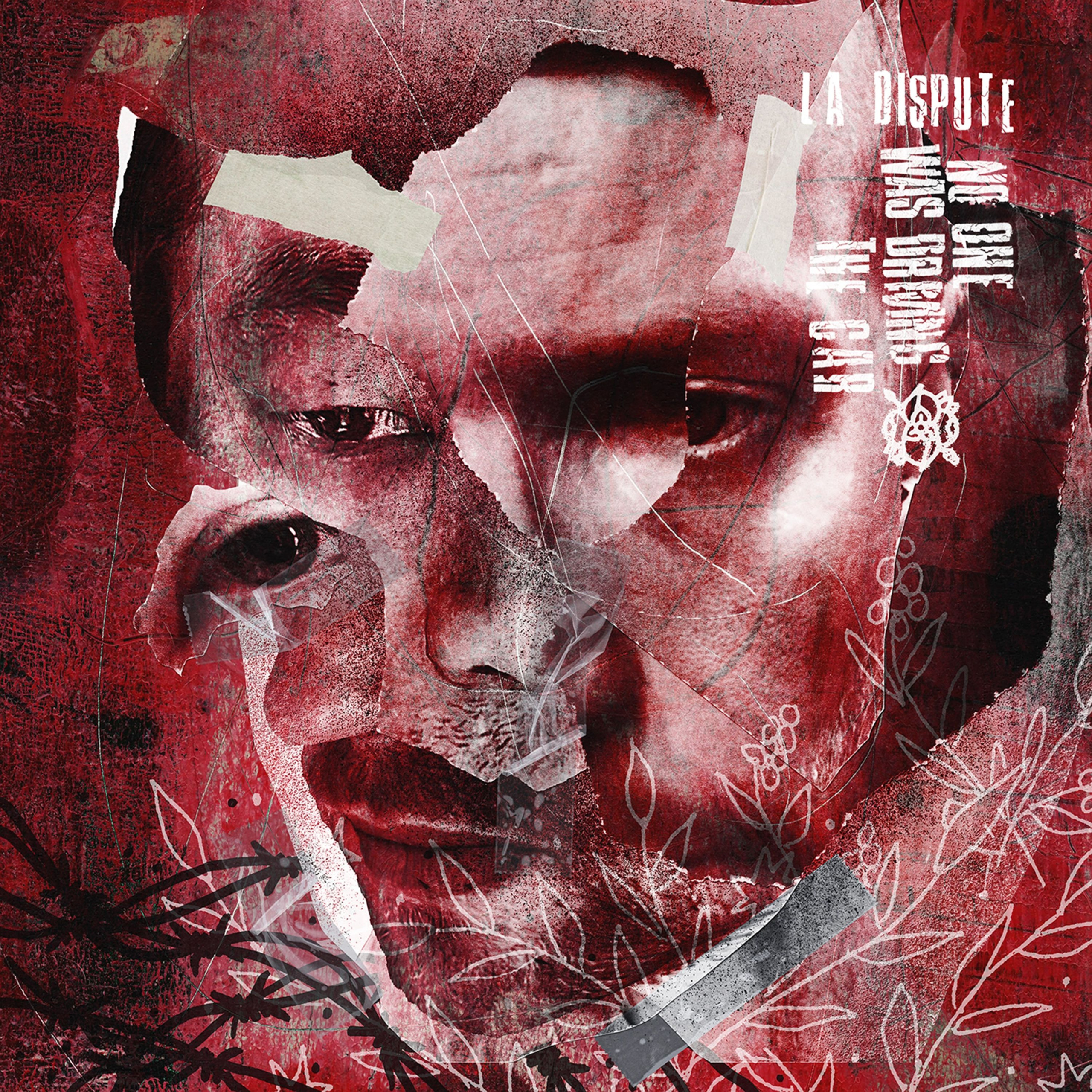David Byrne’s American Utopia, released in 2018 as a resistance manifesto and rallying cry during the first Trump administration, was as ambitious as its title. Beginning as a songwriting reunion with his old partner Brian Eno, the album ballooned into a Broadway production that was eventually captured on film by Spike Lee. Every iteration and star collaboration positioned American Utopia as a major statement, a reckoning with the distance between the illustrious promise of the United States and its benighted reality.
Arriving after all that commotion, Who Is the Sky? feels like a sigh of relief, an exhale after such a gargantuan endeavor. The two albums, so different in feel, derive from the same premise: Joy is precious in the 21st century, so it’s worth celebrating the reasons to be cheerful. That phrase, lifted from an old new-wave hit from Ian Dury & the Blockheads, is the name of Byrne’s ongoing cross-platform positivity project, a kind of Buzzfeed for relentless optimists. It wouldn’t be a stretch to consider What Is the Sky? an extension of that publication: These songs are designed to help get you through the day—vivid, colorful tunes that place a premium on human interaction. But an album is a different beast than a daily dose of motivation. The line between positivity and platitude is a fine one.
Byrne certainly sounds tirelessly exuberant on What Is the Sky?, thanks in part to the assist he receives from Ghost Train Orchestra, a freewheeling ensemble that’s no stranger to ambitious undertakings. Prior to teaming with Byrne, the collective released a tribute to visionary polymath Moondog, performed in collaboration with avant-classical veterans Kronos Quartet. If any group can navigate Byrne’s buoyant polyrhythms and sly stylistic shifts, it’s Ghost Train Orchestra. But Who Is the Sky? is not intended as high art: It’s designed to be a bustling pop album, so Byrne has brought in producer Kid Harpoon—a British musician who’s helped Harry Styles and Miley Cyrus take home Grammys—to supply the requisite pizzazz.
Don’t take Kid Harpoon’s presence, or the cameo from Paramore’s Hayley Williams on the galloping “What Is the Reason for It?,” as a sign that Byrne is tempering his eccentricities in hopes of reaching a broader audience. Kid Harpoon’s sparkling production gives Byrne the freedom to live loud, pushing his eccentricities to the extreme, a shift that’s evident the moment “Everybody Laughs” launches the album on a note of aggressive happiness. Yelping a laundry list of banal universals (“Everybody laughs and everybody cries/Everybody lives and everybody dies”), Byrne sounds like an over-caffeinated busker desperate to get passersby to join the party. His zeal steamrolls any hint of the darker side of human nature (“Everybody knows what everybody does”), as does the zest of Ghost Train Orchestra: They’re all clashing primary colors.
The sugarbomb of “Everybody Laughs” makes a suitable keynote for a record intent on soliciting a smile. Laughter often comes from a place of recognition, and a good portion of Who Is the Sky? feels purposefully familiar. Byrne remains besotted by African and South American rhythms, bending those grooves into snappy confections like “I’m an Outsider” that echo the off-kilter power pop of Little Creatures. He nods at Talking Heads’ jittery funk on “My Apartment Is My Friend,” although sidestepping the anxiety that riddled Fear of Music. There’s a notable lack of tension throughout the album, as Byrne’s positivity reduces his rhymes to the pat lessons of children’s verse (“I met with a man who said I should know/That you cannot go in when the door says ‘No’”).
At its best, the album’s guilelessness recalls prime Jonathan Richman, particularly on “She Explains Things to Me,” which registers Byrne’s eternal gratitude for a partner who can answer his questions about a vexing television show. “She Explains Things to Me” is one in a long line of songs where Byrne rhapsodizes about the mundane pleasures that keep life humming. He finds divine transcendence in a blueberry tart on “I Met the Buddha at Downtown Party” and bliss in a daily moisturization routine on “Moisturizing Thing.” He relishes the commonality of laughter, finds comfort in his apartment home, and cracks fond jokes about the avant-garde.
The punchlines to “The Avant Garde,” which tend to resemble cut-rate Shel Silverstein gags, are all vaguely familiar—“It’s a passionate life, it’s ahead of the curve/It’s deceptively weighty, profoundly absurd”—which draws attention to the Achilles’ heel of Who Is the Sky?: It’s so obvious that it starts to feel oblivious. Byrne’s recipe is comfort food, sunny nourishment in troubled times. But his determination to look on the bright side of life yields an album with no ambiguity or subtext. All the joy is right on the surface, delivered with relentless gaiety that becomes hackneyed long before the album is over. Even at just 38 minutes, it’s wearying. And it certainly doesn’t have the effect Byrne is hoping for: All those demands to turn that frown upside down can turn even the staunchest optimist into an irritable crank.
All products featured on Pitchfork are independently selected by our editors. However, when you buy something through our retail links, we may earn an affiliate commission.







